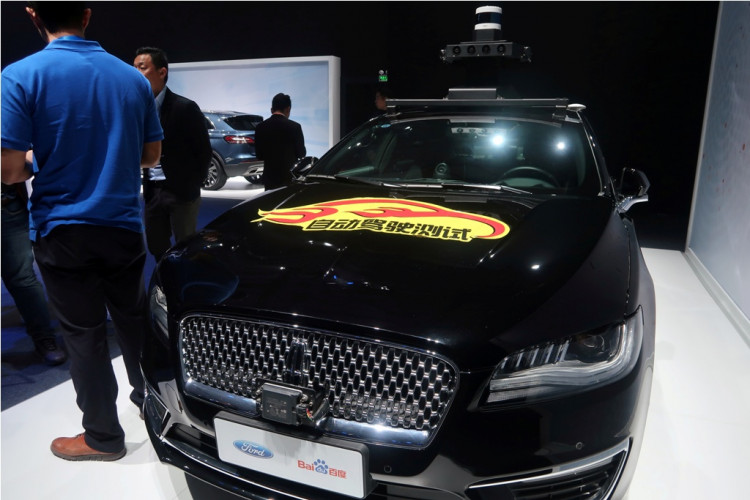China's autonomous driving tests saw Baidu garnering the most number of miles in tests conducted among self-driving vehicle companies engaged in the tests. The online search giant even outpaced NIO in the mileage run.
Baidu accounted for 91 percent of the total distance covered by automated cars in the Beijing streets test last year. All eight participants made a total of 153,600 kilometers during the driving test with Baidu accounting for almost 140,000 kilometers. Industry analysts said this achievement is a significant milestone in the tech behemoth's grandiose automation scheme.
Over the last two years, Baidu has been working on its open-source platform called Apollo. The platform was launched as part of the firm's plan of sharing tools and information to developers so autonomous driving products can be delivered to global markets.
Industry experts predicted that if Baidu continues to dominate in China's autonomous driving tests this year, the company may develop a full-blown platform that will support self-driving vehicles in urban spaces.
Unlike Didi Chuxing, Audi, Pony.ai, Tencent, BAIC BJEV, NIO, and Daimier, Baidu was the only company that tested 45 vehicles. The other participants did not exceed two or one vehicles for testing. On the other hand, Baidu has yet to outpace Google' Waymo which is holding driving tests in Silicon Valley.
Baidu has a long way to go before it overtakes Google on the race for leading the world's autonomous driving industry. However, local experts noted that the Chinese provider's achievement is nothing to frown at. In fact, the firm is continuously investing in automation programs to reach its goal.
Baidu's landslide victory over its Chinese counterparts is considered as a breakthrough in the country's ultimate initiative of dominating the global autonomous market. Company founder and CEO Robin Li said earlier this month that the firm is looking to test self-driving taxi services in Changsha City this year.
The plan is to test around a hundred self-driving taxis in Changsha this year. It is expected that tests will be conducted continuously in the coming years. It remains to be seen, though, if Baidu will hold tests overseas.
Some industry experts are expecting to see Beijing going head-to-head with Silicon Valley in the future when it comes to autonomous driving. While the U.S. boasts a lot more autonomous vehicles than China at this point, it may not be long before Baidu and other tech giants develop additional self-driving models.
Furthermore, Google's Waymo One autonomous taxi service has a lot of limitations at this point. If Baidu's self-driving taxis overcome test challenges this year, Beijing may be close to challenging Silicon Valley in the broader tech market.





